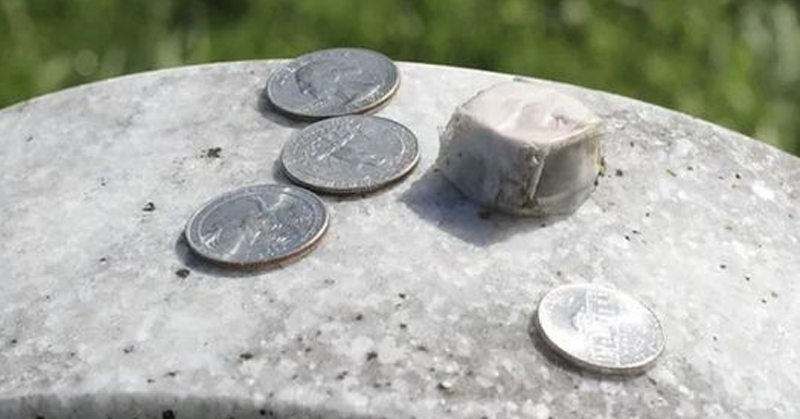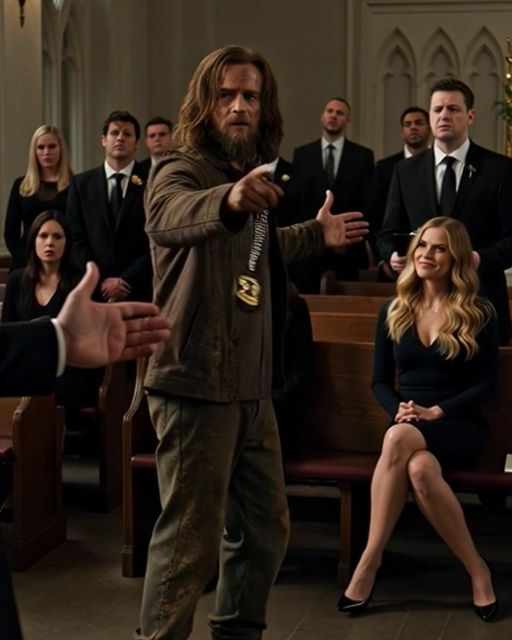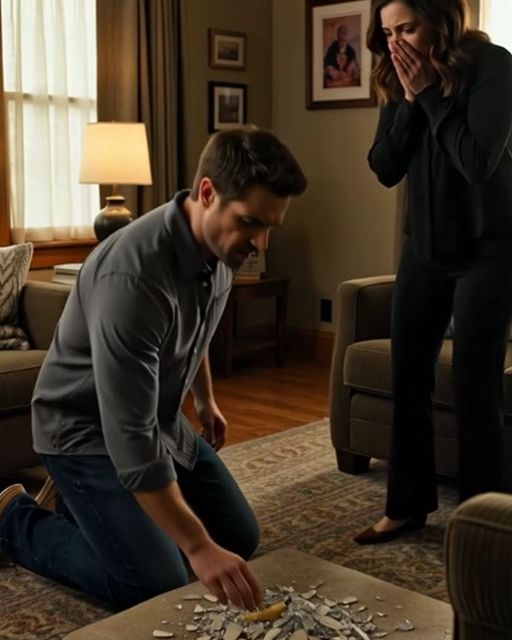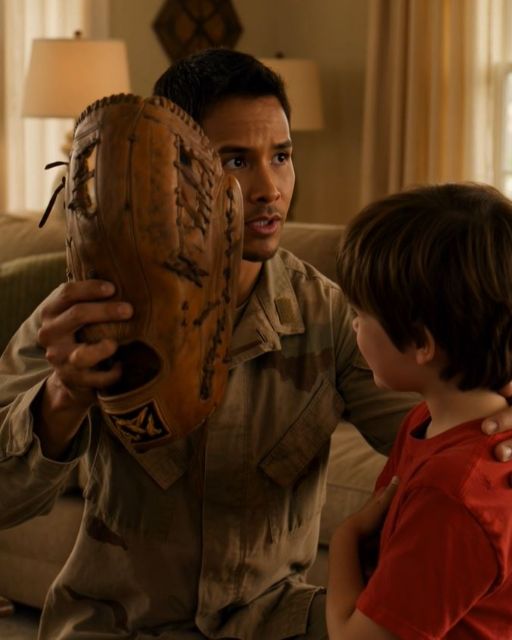Losing a loved one is always a difficult experience, and finding ways to honor their memory becomes important for many. While floral displays and other tributes are common, placing coins on gravestones holds a special significance, particularly for military men and veterans and their families.
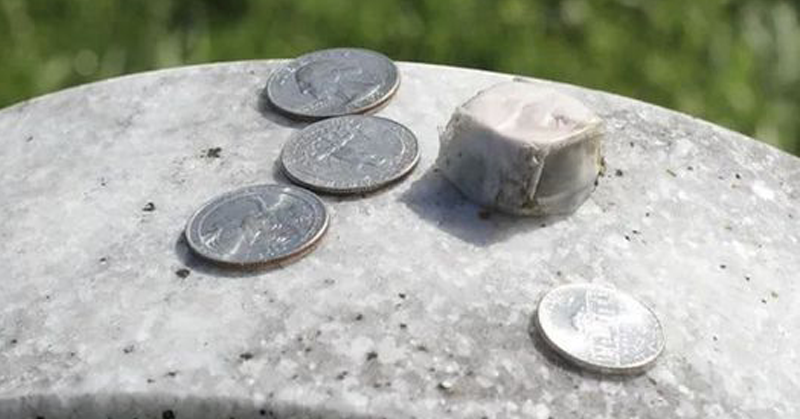
A Time-Honored Tradition
The tradition of placing coins on gravestones has uncertain origins, with some speculating that it dates back to the Roman Empire. However, there is inadequate documentation to support this claim, as per Snopes. But one thing is clear – those who have a deep affection for military personnel understand the sacrifices they make, and they want to find a meaningful way to honor their fallen comrades.
During the Vietnam War, it became more challenging for people to communicate openly about their feelings. Leaving a coin on a soldier’s grave became a practical way of indicating that someone had visited, without risking uncomfortable conversations about the political aspects of the war. The gesture allowed individuals to show respect and solidarity in a simple yet powerful manner.
Symbolic Representations of Honor
Each coin left on a gravestone carries its own unique symbolism. Here are a few examples:
- A penny signifies that someone visited the grave and paid their respects.
- A nickel holds a deeper emotional meaning, symbolizing a connection between the person who left the coin and the fallen military member from their boot camp.
- A dime represents collaboration, even if it was only for a brief period before parting ways.
- The quarter, the most significant coin, serves as a memorial, letting the deceased person’s family know that the individual who left the coin was there during their time of loss.
These coins serve as tangible symbols of respect and tribute, connecting past and present, and reminding us of the sacrifices made by those who serve in the military.
Beyond Gravestones
Placing money on gravestones is not the only military tradition involving coins. Challenge coins, which hold great significance but no monetary value, are popular among military personnel. These coins represent unity and are often exchanged as tokens of honor and camaraderie.
Coins have also played various roles in cultural customs throughout history. They have been seen as symbols of luck, generosity, and even wealth. Historically, some individuals were buried with their wealth, although this is not the case for everyone. For example, Abraham Lincoln was said to have been buried with two dollars and fifty cents placed over his eyes.
While the connection between money and placing coins on gravestones may not be clear, the deeper meaning lies in recognizing and honoring the incredible efforts made by individuals serving in the military and their families. It is a way of reminding ourselves that their sacrifices should never be forgotten.
